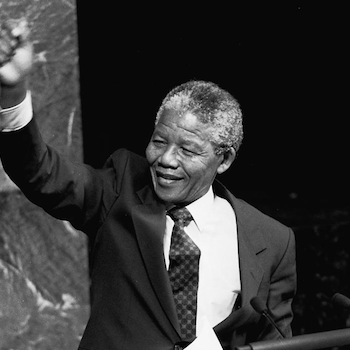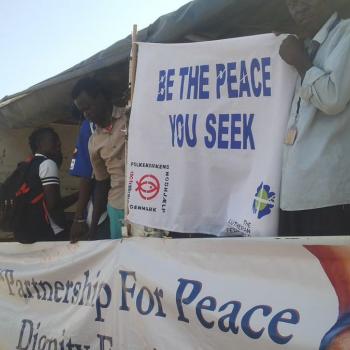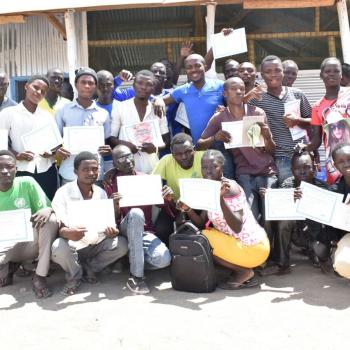Dadaab is home to about 200,000 refugees. Most of them have lived here their entire life. LWF work focuses on social services and education.
Dadaab Refugee Camps currently hosts about 225,000 refugees and asylum seekers. LWF has been one of UNHCR’s lead implementing partners since 2009 providing humanitarian assistance and support in four camps (Hagadera, Dagahaley, Ifo I and Ifo II). LWF implements programmes in Education, Community Services, Persons with Specific Needs, and Sustainable Livelihoods.
Repatriation of Somali Refugees has been ongoing in Dadaab since December 2014. With the decrease in the number of refugees at Dadaab, one of the camps, Kambioos, was closed in early 2017.
Some of our Projects
Community Services
Community Services Sector seeks to rebuild the resilience of the most vulnerable in the community to enable them understand and claim their rights and participate in community processes. LWF is UNHCR’s lead implementing partner on the provision of services for Persons with Specific Needs – providing Community Based Rehabilitation services to 3,684 PWDs and 9,270 Elderly persons in all the 4 Camps. The Community Services structure consists of refugee representatives of persons with disability and older persons forming the CBR and Elderly committees respectively, Community outreach and Social Workers, Mid-level therapists, Rehabilitation and Mobility Aid Artisans, and national social staffs- Psychosocial Counsellor and national technical staffs competently trained in rehabilitation of PWDs.
The national technical staffs are licensed by either Kenya Occupational Therapist Association (KOTA)-members of World Federation of Occupational Therapists (WFOT) or Kenya Physiotherapists Association (KPA) - members of World Federation of Physiotherapists (WFT).
LWF collaborates, coordinates and works closely with all partner organizations in Dadaab in forums such as the interagency coordination meetings. These partners include: World Food Program (WFP), International Rescue Committee, Care International, Save the Children International (SCI), World Vision, Danish Refugee Council (DRC), Norwegian Refugee Council (NRC), Department of Refugee Affairs (DRA), International Organization for Migration (IOM), Terre Des Homes (TDH), Kenya Red Cross Society (KRCS), Islamic Relief, Windle Trust Kenya (WTK), Refugee Education Trust (RET), Handicap International, Medicines Sans Frontiers (MSF), Refugee Consortium of Kenya (RCK), Rapid Relief Development Organization (RRDO), National Council of Churches in Kenya (NCCK) and Fafi Integrated Development Association (FAIDA).
The CBR matrix guides the approaches LWF uses to implement activities targeting PWD. The five components of the CBR matrix include; Health, Livelihoods, Social, Empowerment and Education. All PWDs are entitled to support in the above mentioned areas. To older persons and persons with psychosocial needs LWF uses the Community Based Psychosocial Approach (CBPA) which is complemented by the Rights Based Approach (RBA) for refugee protection and provides opportunity for persons of concern to participate in the entire project cycle.
The UN convention of the rights of persons with disability provides that all PWDs have a right to access professional services. To support this LWF has established referral links with other service providers in the region (outside Dadaab) to provide professional services/medical procedures such as minor orthopaedic surgery, cleft lip surgery, mental health therapy and provision of prosthesis. The medical procedures are sometimes necessary to correct a medical condition before subsequent rehabilitation is completed. The ultimate aim of rehabilitation is to restore normal functioning of body parts geared towards functional independence. Some of the service providers in the region include AIC Cure International Hospital; providing minor orthopaedic and cleft lip surgery and Kangemi Rehabilitation Centre; providing prosthesis fitting services. Currently there are many clients in need of these services
Funding
Community Services projects are currently funded by UNHCR, LWR/BPRM, COS, ELCA/ALWS, Act Appeal





